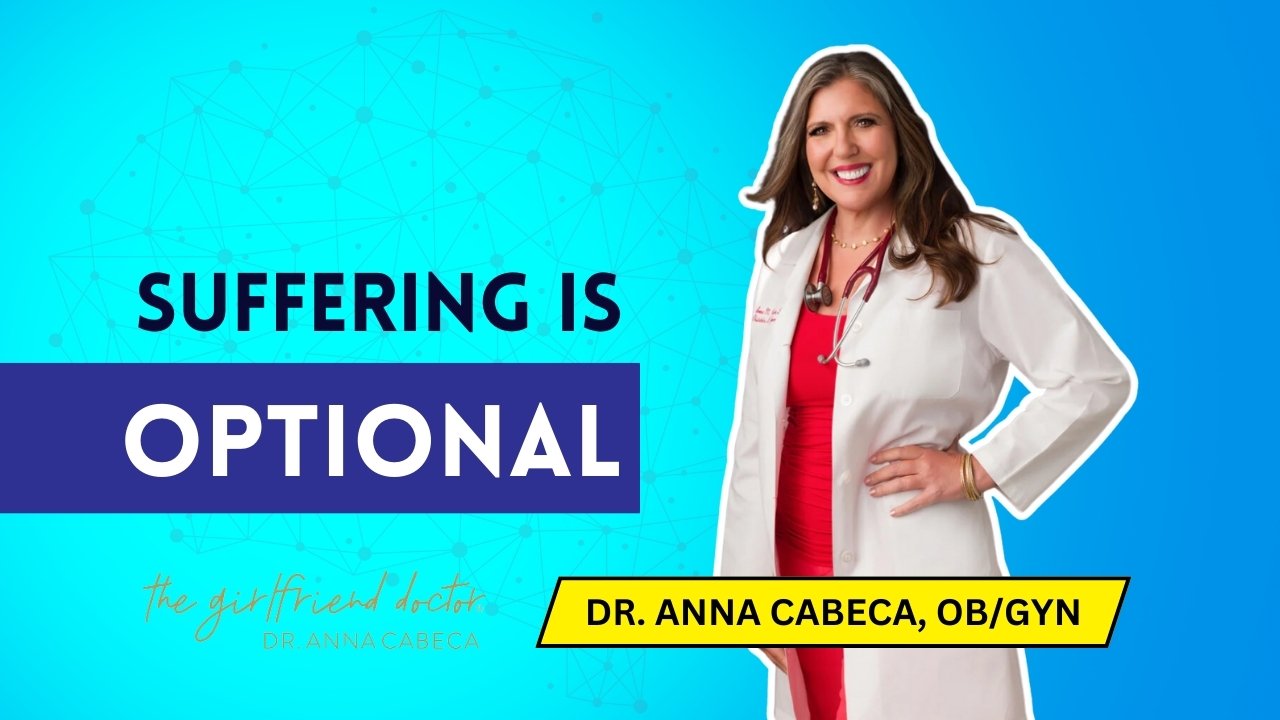Eliminating processed and pre-packaged foods from your diet can be beneficial from both a budget and health perspective. By focusing on whole, fresh foods, you can save money, provide your body with the nutrients it needs, and enjoy delicious, satisfying meals.
Processed and pre-packaged foods like frozen meals or pre-cut produce tend to be more expensive than whole, fresh foods. By eliminating processed foods and focusing on whole, fresh foods, you may be able to save money on your grocery bill. For example, you can buy fresh produce in season when it's more affordable and freeze it for later use.
Eliminating processed and pre-packaged foods can have many benefits as well. Many processed foods are high in added sugars and unhealthy fats which can have negative effects on your health. They can contribute to weight gain, increase your risk of heart disease, and lead to other chronic health problems.
On the other hand, whole, fresh foods tend to be more nutrient-dense and can provide your body with the vitamins, minerals, and antioxidants it needs to function properly. They can help you maintain a healthy weight, reduce your risk of chronic diseases, and improve your overall well-being.
Starting a ketogenic, low-carb, anti-inflammatory diet full of polyphenols on a limited budget can seem like a challenge, but with a little planning and creativity, it can be done. Here are some tips on how to do it:
- Choose affordable whole foods: Start by choosing affordable whole foods such as eggs, chicken, canned fish, and frozen vegetables. These foods are often more affordable than processed or convenience foods, and are also packed with nutrients.
- Focus on healthy fats: Healthy fats are a key component of a ketogenic diet, and can be affordable. Choose affordable healthy fats such as olive oil, avocado oil, coconut oil, and ghee. These healthy fats can be used for cooking and dressing salads, and are also great for adding flavor and satiety to your meals.
- Incorporate low-carb vegetables: Vegetables are an important part of any healthy diet, and can be affordable if you choose the right ones. Focus on low-carb vegetables such as broccoli, cauliflower, zucchini, and leafy greens, as these are typically more affordable and can be used in a variety of dishes.
- Include sources of polyphenols: Polyphenols are plant compounds that have anti-inflammatory properties, and can be found in a variety of affordable whole foods. Choose foods such as berries, green tea, cocoa, and herbs such as turmeric, ginger, and garlic, as these are all rich in polyphenols and can be incorporated into a variety of dishes.
- Keep it simple: Eating healthy doesn't have to be complicated or expensive. Focus on simple, affordable meals that can be made in bulk and used for leftovers throughout the week. For example, roasted chicken with mixed vegetables, or a frittata with eggs, cheese, and vegetables can be affordable, nutritious, and easy to prepare.














